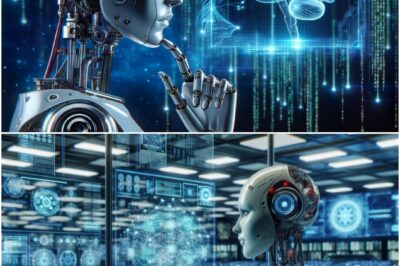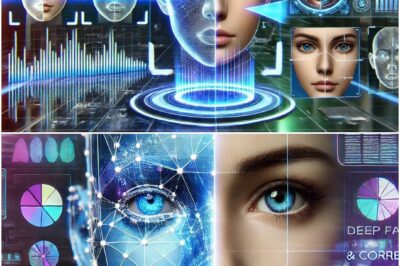The human race has always feared the same enemy — time. But what if death stopped being the end?
AI memorials, voice clones, and “mind uploading” projects are quietly turning grief into a software problem. Startups like Eternime and HereAfter use recorded data — chats, photos, tone of voice — to create digital avatars that keep speaking long after you’re gone.
Some find comfort in it. Others call it disturbing. Imagine calling your late father’s AI replica for advice — and hearing him answer in his own cadence. The lines between remembrance and resurrection blur fast

Neuroscientists are even exploring connectome mapping, the process of digitizing neural pathways — essentially, backing up the brain. If consciousness is just data, then immortality becomes a matter of storage.
But there’s a haunting question underneath: if an algorithm perfectly mimics your mind, is it still you? Or just an echo that thinks it’s alive?
Digital immortality isn’t science fiction anymore. It’s a moral mirror — forcing us to confront what it really means to be human, and what parts of us are worth preserving.
News
The Ghost in the Machine: When Artificial Intelligence Starts Asking Who It Is
There’s a strange hum in the background of modern civilization. It’s the sound of millions of processors thinking — not…
Robotics Gets Emotional: The Quest to Build Machines That Feel
Robots can walk, talk, and even dance — but can they care?The next frontier of robotics isn’t physical dexterity; it’s…
The Age of Synthetic Life: Programming Biology Like Code
For billions of years, evolution shaped life through randomness. Now, humans are editing nature with precision. Synthetic biology is the…
Deepfake Nation: When Reality Itself Becomes Editable
In 2025, truth no longer needs to be destroyed — it just needs to be remixed.Deepfakes have evolved far beyond…
The Blockchain Beyond Crypto: The Quiet Revolution You Missed
Crypto made headlines — but blockchain’s real revolution was never the coins. It’s the infrastructure beneath them. Think of blockchain…
The AI Arms Race in Education: Learning Without Teachers?
In classrooms from California to Seoul, students are learning from something that isn’t human. AI tutors are grading essays, generating…
End of content
No more pages to load












